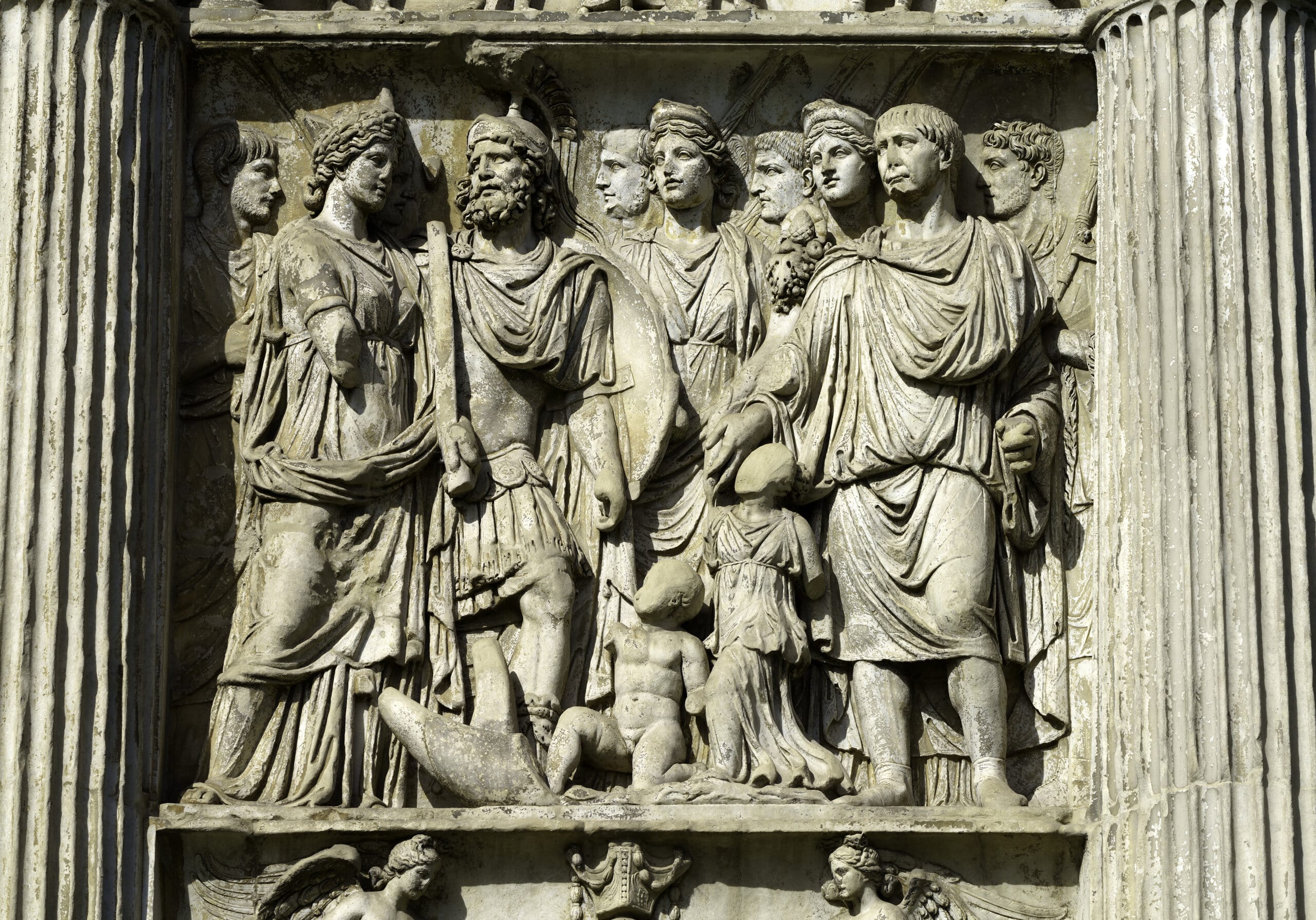Embark on your A-Level journey with us and earn UCAS points for university admission.
 Course Overview
Course Overview
Discover the convenience of Open Learning College’s Distance Learning A-Level Courses, designed to accommodate students worldwide with the flexibility to study from the comfort of home. These comprehensive two-year programs provide access to extensive online course materials and personalised tutor guidance through a virtual learning platform. Upon completion of examinations, students receive certificates endorsed by reputable Awarding Bodies such as Edexcel, AQA, or OCR.
Whether you’re a newcomer to academia or seeking to enhance your qualifications for university admission, our adaptable A-Level courses are tailored to suit your individual needs. Study at your own pace, on your own schedule, and from any location that suits you.
Our comprehensive two-year A-Level Courses cover both the AS and A2 components, requiring students to sit exams as private candidates at approved examination centres. Successful completion of all required exams within a single assessment period ensures eligibility for the full A-Level qualification.
The study of Ancient History offers a captivating exploration into the rich tapestry of human civilisation, providing invaluable insights into the military, political, religious, social, and cultural dynamics of the ancient world. Comprising four comprehensive units, this course delves into pivotal periods of Greek and Roman history, offering a nuanced understanding of the interactions between Greek states, non-Greek states, and the formidable Roman Empire. Universities hold Ancient History in high regard, recognising its profound impact on shaping contemporary thought and society, thus enhancing the academic credentials of aspiring scholars.
Throughout the course, students embark on a scholarly journey, delving into the intricate web of historical events, personalities, and societal structures that defined ancient civilisations. From the political intrigues of Athens to the imperial reign of the Julio-Claudian Emperors, learners gain a multifaceted perspective on the complexities of ancient governance, culture, and societal norms. By examining primary sources and engaging with scholarly discourse, students hone critical thinking skills, cultivating the ability to formulate cogent arguments supported by evidence and judicious analysis.
Moreover, the course fosters a holistic understanding of ancient history within its broader geopolitical context, exploring the interplay between Greek and Roman civilisations and their neighbouring societies. By grappling with historical evidence and evaluating its significance, students develop a nuanced understanding of the interpretative frameworks employed by ancient and modern historians alike. Through rigorous inquiry and debate, learners confront historical debates, interrogating the complexities of change, continuity, causation, and consequence in the ancient world.
Importantly, the course nurtures a passion for the study of antiquity, inspiring students to appreciate the enduring relevance of Greek and Roman history in shaping contemporary discourse and societal norms. By fostering an enthusiasm for the ancient world, the course equips students with a lifelong appreciation for the complexities of human civilisation and the enduring legacies of classical antiquity.
 Course Key Topics
Course Key Topics
the A-Level Ancient History course is divided into 4 modules.
Module 1: Greek period study – Relations between Greek states and between Greek and non-Greek states, 492–404 BC
This period study will focus on the unfolding narrative of the relations between the Greek city-states, particularly Athens and Sparta, and between Greek city-states and the Persian Empire during the period 492–404 BC.
- The challenge of the Persian Empire 492–479
- Greece in conflict 479–446 BC
- Peace and Conflict 446–431 BC
- The Archidamian War 431–420 BC
- The end of the Peloponnesian War and its aftermath 419–404 BC
You will study the changes in relations between states and the substantial developments in interstate relations between both Greek and non-Greek states. You will study the main events and issues in order to understand how these events and issues shaped these developments.
Module 2: Greek depth study – The Politics and Culture of Athens, c.460–399 BC
The Greek depth studies focus on a substantial and coherent shorter time span. They require you to study significant individuals, societies, events and issues within the complexity of a historical event or situation, and the interplay of different factors including military, political, religious, social, technological and cultural within that event or situation.
- Athenian political and social culture
- The influence of new thinking and ideas on Athenian society
- Art and Architecture and their significance in the culture of Athens
- Drama and Dramatic Festivals and their significance in the culture of Athens
- Religion and its significance in the culture of Athens
Module 3: Roman period study – The Julio-Claudian Emperors, 31 BC–AD 68
This period study will focus on the unfolding narrative of the establishment and development of the principate under Augustus, Tiberius, Gaius, Claudius and Nero. There will be a particular focus on the military, social, religious and political issues and developments of the emperors in Rome and the Empire and their treatment by the ancient sources.
- Augustus 31 BC–AD 14
- Tiberius AD 14–37
- Gaius AD 37–41
- Claudius AD 41–54
- Nero AD 54–68
Module 4: Roman depth study – Ruling Roman Britain, AD 43–c.128
The Roman depth studies focus on a substantial and coherent shorter time span. They require you to study significant individuals, societies, events and issues within the complexity of a historical event or situation, and the interplay of different factors such as military, political, religious, social and cultural within that event or situation.
- Roman military policy towards Britain: conquest and expansion
- Frontier policy: consolidation and retrenchment AD 85–c.128
- Resistance to Roman rule
- Roman control
- Effects of Roman rule
(Please click on the curriculum tab above to see a detailed view of each module)
Course Content
A-Level Ancient History – FREE Starter Pack
How to…. (a series of explainer videos)
Module 1 – Greek period study – Relations between Greek states and between Greek and non-Greek states, 492–404 BC
Module 2 – Greek depth study – The Politics and Culture of Athens, c.460–399 BC
Module 3 – Roman period study – The Julio-Claudian Emperors, 31 BC–AD 68
Module 4 – Roman depth study – Ruling Roman Britain, AD 43–c.128
Course Resources
Final Exam
College Announcements
🔍 Discover the Ancient World with £50 OFF the Course! 🏛️💰
Eager to delve into the rich tapestry of ancient history?
For a limited time, seize the opportunity to enrol in our A Level in Ancient History course with an exclusive £50 discount!
Use code ANCIENT50 at checkout before the month concludes!
🌟 Why Choose Our A Level in Ancient History Course
Presented by Open Learning College, this course offers a captivating journey through the annals of time, exploring the fascinating civilizations, events, and figures that shaped ancient societies. From the glory of Greece to the might of Rome, unravel the mysteries of the past under the guidance of expert historians.
💡 What Makes Our Course Stand Out
Comprehensive Curriculum: Delve into captivating modules that cover key periods, cultures, and themes, providing a holistic understanding of ancient civilizations.
Engaging Resources: Access a wealth of multimedia materials, including primary sources, archaeological discoveries, and scholarly articles, enhancing your learning experience.
Interactive Learning: Participate in discussions, debates, and historical analyses, fostering critical thinking and analytical skills essential for academic success.
Don't miss this opportunity to unlock the secrets of ancient history at a discounted rate! Enrol now, use code ANCIENT50* at checkout, and embark on a voyage through the corridors of time. 💰📜🏺
*This discount code cannot be used in conjunction with any other offer.








 Get Social!
Get Social!











Benjamen Clarke